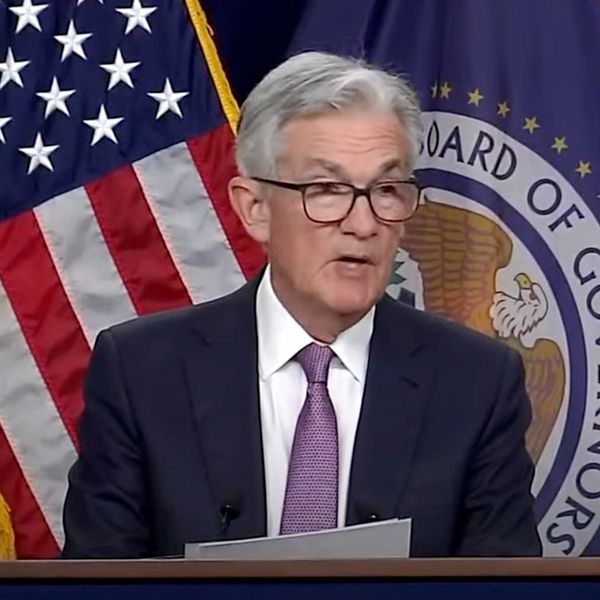
This looks to be the election that meant everything and resolved nothing. Donald Trump defied the polls to come close to winning — and could yet win. Joe Biden may win, but by such a narrow margin that he can't claim a convincing mandate — and it appears he will confront a Republican-controlled Senate that can block almost anything he wants to do. Our long national nightmare is not over.
If the winner isn't yet certain, some things are. One is that the two parties are more opposed and entrenched in their views than ever. Neither dominates nationally, even as one or the other enjoys impregnable dominance in many states.
Win or lose, Trump has completed his takeover of the Republican Party. His showing demonstrated his ability to stimulate voters to turn out for him, not just against him.
If he wins, there will be no dispute about whether the party should stick with his message and methods. Even if he loses, he can claim the election was rigged or stolen. He could be the nominee in 2024.
His supporters won't blame him for the loss. Far from it. They will marvel at how well he performed despite the pandemic and the recession, which would have destroyed any other president. They will point out how much better the GOP did this year, when he was on the ballot, than in 2018, when he wasn't. If he manages to win this election, his eldest son could be a serious candidate in 2024.
Democrats have assumed that the increasing numbers of Black and Hispanic voters would work inexorably to win them elections, and this election calls that assumption into question. If Trump emerges with a bigger share of African American and Latino men than he got four years ago, imagine what a shrewder, more disciplined nominee could do.
Back in October, The New York Times reported, "No other group worries Democrats more than American-born Hispanic men, particularly those under the age 45, who polls show are highly skeptical of former Vice President Joseph R. Biden Jr." In preelection polls, Trump was also doing better than in 2016 among Black voters, particularly men.
One big story this year was that Democrats managed to overcome their own differences in their determination to beat Trump. But the unity was less potent than they hoped. The blue wave they rode in 2018 was nowhere to be found. As a result, both progressives and the moderates are bound to be confirmed in their beliefs.
Those on the left will lament that Biden fell shockingly short of expectations. If a moderate couldn't win decisively against someone with so many handicaps as Trump, and couldn't fuel big gains in state legislatures, progressives will argue, then centrism clearly is a dead end for the Democratic Party.
Moderates will respond that Biden won the popular vote by an even bigger margin than Hillary Clinton and carried some states she lost. They will argue the party badly needs to find a way to make inroads with rural voters who abhor big-city progressivism. They will note that they need to do better with red state residents to ever win control of the Senate.
The election confirms a steadily widening divide between people who identify with either party. Last year, Gallup reported that "the difference between Republicans' and Democrats' job approval ratings of President Donald Trump is the largest Gallup has ever measured for a president, eclipsing the already high polarization measured in approval of President Barack Obama."
Today, even the basic health precaution of wearing a mask during a deadly pandemic is a heated partisan issue. People who lean to either party have grown deaf to the other.
What makes this development particularly distressing is that it prevents government actions that command broad popular support — on combating climate change, expanding access to health insurance, ending partisan gerrymandering and immigration reform. Public sentiment largely aligned with Democrats on these issues, but Democrats have somehow failed to make full use of it.
Regardless of who emerges as the victor, he will struggle to unite Americans behind his leadership. The pandemic will persist for months, at least. The economy will limp toward recovery. Red states and blue states will continue on divergent paths. Stalemate will remain the norm on Capitol Hill.
Are there any reasons for optimism about the next four years? If you give me a week, I might think of one.
Steve Chapman blogs at http://www.chicagotribune.com/news/opinion/chapman. Follow him on Twitter @SteveChapman13 or at https://www.facebook.com/stevechapman13. To find out more about Steve Chapman and read features by other Creators Syndicate writers and cartoonists, visit the Creators Syndicate website at www.creators.com.
- The Press Never Stopped Blaming Obama For Radical GOP ... ›
- The Democratic Party Is The Only Home For Centrists - National Memo ›








